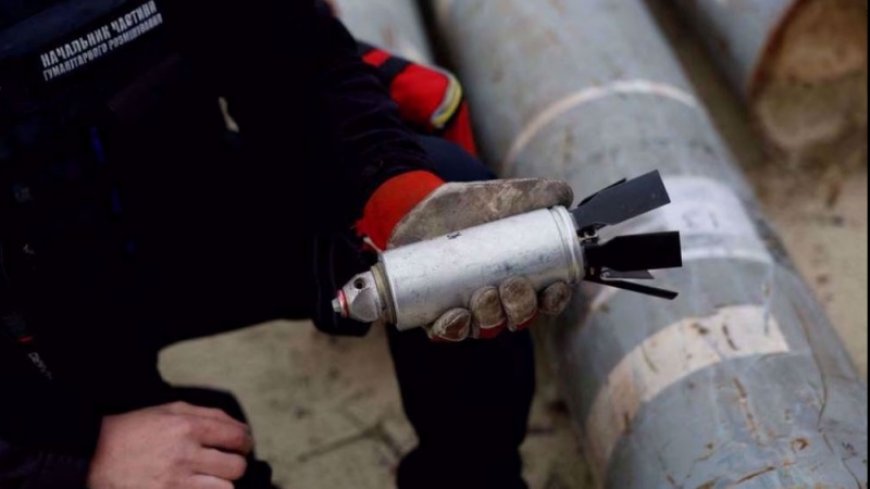White House: Ukraine uses US-supplied cluster bombs against Russian forces
White House: Ukraine uses US-supplied cluster bombs against Russian forces

The US has confirmed that Ukraine is using Washington-supplied cluster bombs against Russian forces, despite widespread concerns that the munitions may cause civilian casualties. White House national security spokesman John Kirby said Thursday the weapons banned worldwide are in Ukrainian hands. He added that they would be deployed on the ground as part of Ukraine's fight against Russia.
Kirby said Kiev was using the bombs effectively and properly. "We've had initial feedback from the Ukrainians, and they're using it quite effectively," Kirby told reporters. President Vladimir Putin has already warned that Russia will take countermeasures if Ukraine uses cluster bombs against his country's troops. In an interview with Russian media on Sunday, President Putin said his country had ample stockpiles of various types of cluster munitions and could retaliate if Ukraine used them. "Russia has sufficient stockpiles of various types of cluster munitions," said the Russian leader.
“If they are used against us, we reserve the right to take action. The US announced on July 7 that it would send cluster munitions to Kiev as part of an $800 million security package to help Ukrainian forces fight Russia, despite concerns about the long-term danger to civilians. The Pentagon said in a statement that the new military aid package announced July 7 includes "improved conventional dual-purpose munitions," referring to cluster munitions. Washington's decision was opposed by many countries around the world, including its Western allies. Cluster munitions are banned under the Convention on Cluster Munitions (CCM), an international treaty that addresses the humanitarian consequences and unacceptable harm caused to civilians by cluster munitions through a categorical ban and framework. The weapons can contain dozens of smaller cluster bombs that are spread over wide areas, often killing and maiming civilians.
The CCMs are banned because unexploded cluster bombs can pose a threat to civilians years after the fighting has ended. Cluster munitions are generally submunitions that can cover an area five times larger than conventional bombs. The Convention on Cluster Munitions, which came into force in 2010, bans all use, manufacture, transfer and stockpiling of cluster munitions. More than 100 countries have signed the treaty, but not the US, Russia and Ukraine.













































